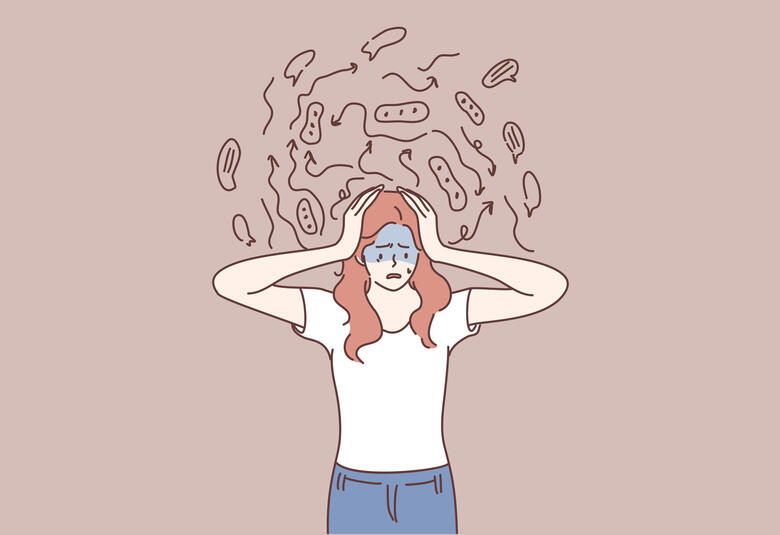Dr van der Drift works for GGZ Delfland, a regional provider of community mental health services in The Netherlands. Offering tailored help for depressed patients at risk of developing metabolic syndrome is an unusual feature of the service.
What is the nature of your work?
Our multidisciplinary team provides an acute psychiatry service for Delft and the surrounding countryside between Rotterdam and The Hague, and also a functional assertive community treatment programme. I see around fifty patients with an acute depressive episode each year, but in total there are 550-600 people in assertive community treatment.
Not all have major depressive disorder (MDD). There are also patients with schizophrenia, schizoaffective or personality disorders, even some on the autistic spectrum.
Many MDD patients live at home. We also have patients living in intermediate care: institutions of 20-40 people which provide social support and activities as well as medication. Nurses visit at least weekly to hear from the support workers. Evolving, this may require hospitalisation. But, given the pressure on hospital beds, we try to handle problems proactively to keep patients in the community if possible.
What is the biggest challenge in treating MDD in your practice?
The fact that so many patients are suicidal. To deal with that we have to see some patients every day, or every other day. And if they don’t come to us we visit them. The team has psychiatric social workers and nurses but if a patient has active suicidal ideation, a psychiatrist in training will accompany them to the patient’s home.
How do you treat MDD?
With antidepressants, group therapy, social support and encouragement with employment. Our clinical psychologists offer cognitive behavioural and other psychological therapies. We also try to involve the patient’s own support networks.
And our team has three support workers who are themselves psychiatric patients. They will sometimes accompany patients into situations where they feel fearful; and they have a role in activating and motivating patients who continue to have problems.
What proportion of MDD patients have residual symptoms even when they have responded by conventional criteria?
Of the people in the assertive community treatment programme, who I follow long term, between a quarter and a third have some core depressive symptoms even after several lines of medical treatment. For some of these patients we offer ECT.
A feature of the service is that you try to prevent the development of metabolic abnormalities?
Many patients treated with drugs, not just those on antipsychotics, are at risk. So we see MDD patients at least yearly, more frequently if necessary, and measure blood pressure, weight, waist circumference, blood glucose, lipids and so on. With patients likely to evolve metabolic syndrome, we notify their family doctors.
We also offer advice on diet. There are even “eating healthy breakfast” sessions where patients can learn about making positive food choices.
Our correspondent’s highlights from the symposium are meant as a fair representation of the scientific content presented. The views and opinions expressed on this page do not necessarily reflect those of Lundbeck.



